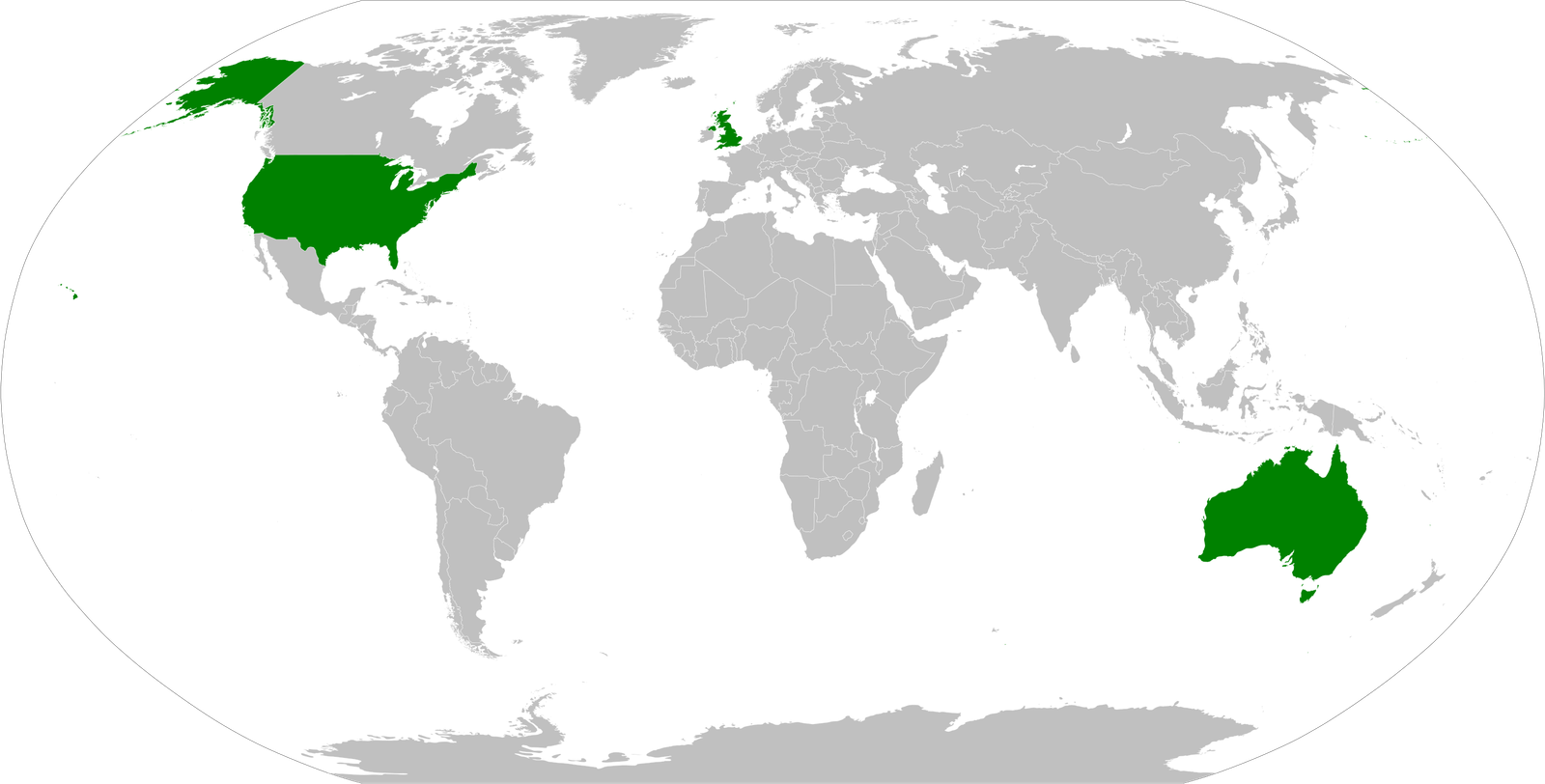AUKUS involves a security partnership between three countries: Australia, United Kingdom and the United States. As per this pact, the UK and US will provide technology and capability to Australia to set up and deploy nuclear-powered submarines. According to this deal, the nuclear submarines are to be built out of South Australia in the city of Adelaide. There will be a total of eight submarines but when they will be deployed is unclear due to the lack of nuclear infrastructure in Australia.
Michael Shoebridge who works for the Australian Strategic Policy Institute said:
A nuclear submarine has enormous defence capabilities and therefore ramifications for the region. Only six countries in the world have nuclear submarines. Nuclear submarines are geared with improved technology which allows them to operate quietly which makes them harder to detect than conventional submarines. They can travel longer durations and carry more weight and shoot missiles at longer distances.
What set off the AUKUS Deal?
The joint statement of the three countries read:
This is a historic opportunity for the three nations, with like-minded allies and partners, to protect shared values and promote security and prosperity in the Indo-Pacific region.

All the three countries believe that the security threat in the region has been significantly growing. Though American officials claim that deal is not aimed at countering China, the deal will majorly impact the country along with strategies and policies of the region. The UK Defense Secretary Ben Wallace in an interview with the BBC had this to say about China’s presence in the region:
It is growing its navy [and] air force at a huge rate. Obviously, it is engaged in some disputed areas. Our partners in those regions want to be able to stand their own ground.
The AUKUS deal comes at a significant time. All three countries have stakes; Australia is wary about China’s presence in the region while UK is attempting to dip their toes in unchartered seas after their departure from the EU. The United States, which seemingly left the region since its exit from Afghanistan, has dealt itself back. Moreover, Australia’s relationship with China was worsened over the years with sanctions and restrictions being imposed.
The n-subs will allow Australia to patrol and navigate the seas. But the AUKUS deal is not issued with the reason of arming the country with nuclear weapons.
How are other countries reacting?
The French were ‘betrayed’ and ‘sated in the back’ according to French Foreign Minister Jean-Yves Le Drian. A similar deal was struck between Australia and France with the contention of providing Australia with a dozen n-subs. The deal, however, meet with many delays and issues so the Australian’s calling off the deal was not quite far-fetched. The French government (joint statement by Le Drian and the French Defence Minister Florence Parly) further blame the American government for the setting of this falling out:
The American decision, which leads to the exclusion of a European ally and partner like France from a crucial partnership with Australia at a time when we are facing unprecedented challenges in the Indo-Pacific region, be it over our values or respect for a multilateralism based on the rule of law, signals a lack of consistency which France can only notice and regret.
North Korea, which owns an estimated 40 nuclear arms believes that the deal between the three countries will lead to a ‘nuclear arms race’ and upset the strategic balance in the Asia-Pacific region.
Read more news here.
